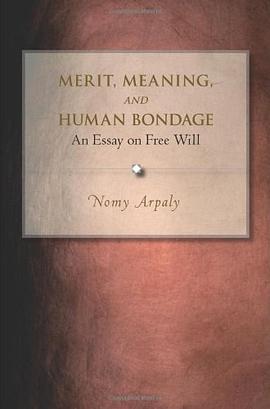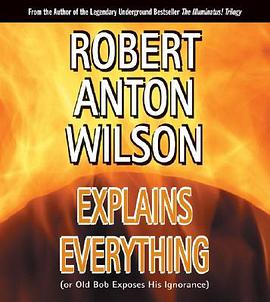

具體描述
Perhaps everything we think, feel, and do is determined, and humans - like stones or clouds - are slaves to the laws of nature. Would that be a terrible state? Philosophers who take the incompatibilist position think so, arguing that a deterministic world would be one without moral responsibility and perhaps without true love, meaningful art, and real rationality. But compatibilists and semicompatibilists argue that determinism need not worry us. As long as our actions stem, in an appropriate way, from us, or respond in some way to reasons, our actions are meaningful and can be judged on their moral (or other) merit.In this highly original work, Nomy Arpaly argues that a deterministic world does not preclude moral responsibility, rationality, and love - in short, meaningful lives - but that there would still be something lamentable about a deterministic world. A person may respond well to reasons, and her actions may faithfully reflect her true self or values, but she may still feel that she is not free. Arpaly argues that compatibilists and semicompatibilists are wrong to dismiss this feeling - for which there are no philosophical consolations - as philosophically irrelevant. On the way to this bittersweet conclusion, Arpaly sets forth surprising theories about acting for reasons, the widely accepted idea that "ought implies can," moral blame, and more.
著者簡介
圖書目錄
讀後感
評分
評分
評分
評分
用戶評價
相關圖書
本站所有內容均為互聯網搜索引擎提供的公開搜索信息,本站不存儲任何數據與內容,任何內容與數據均與本站無關,如有需要請聯繫相關搜索引擎包括但不限於百度,google,bing,sogou 等
© 2025 book.quotespace.org All Rights Reserved. 小美書屋 版权所有




















